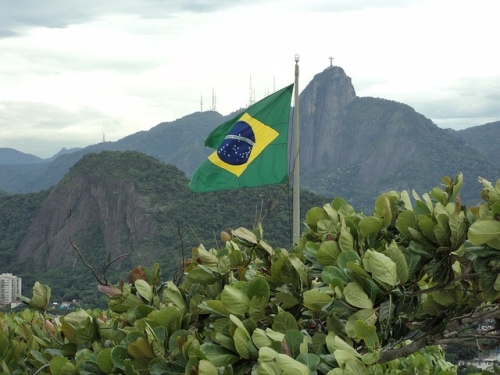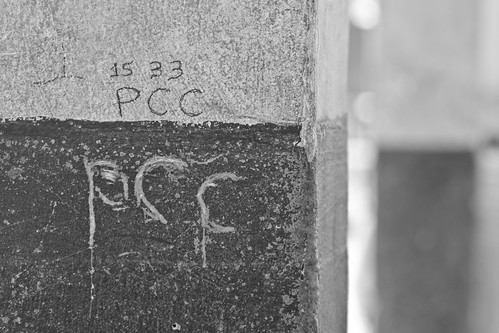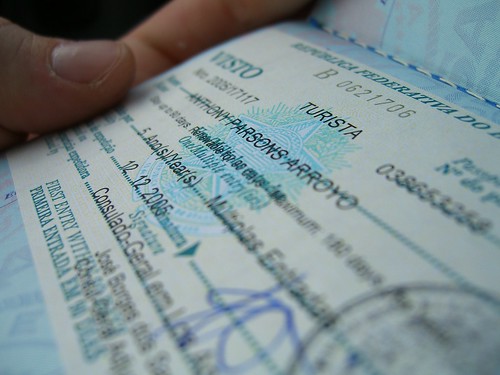
This article was originally published by OpenDemocracy on 20 November, 2014.
Brazil has embraced the digital age with more gusto than most countries. It is one of the top users of social media and recently signed-off on a bill of rights for the Internet, the marco civil. The country is also a leader in the development of online banking with more than 43% of web users engaging such services, and can be proud of a thriving software industry, including some world beating companies.
But as computer users around the world are beginning to grasp, the spread of the digital world has its downsides. Alongside all the great things the Internet offers, not least new forms of political and economic empowerment, it brings some very serious threats.




